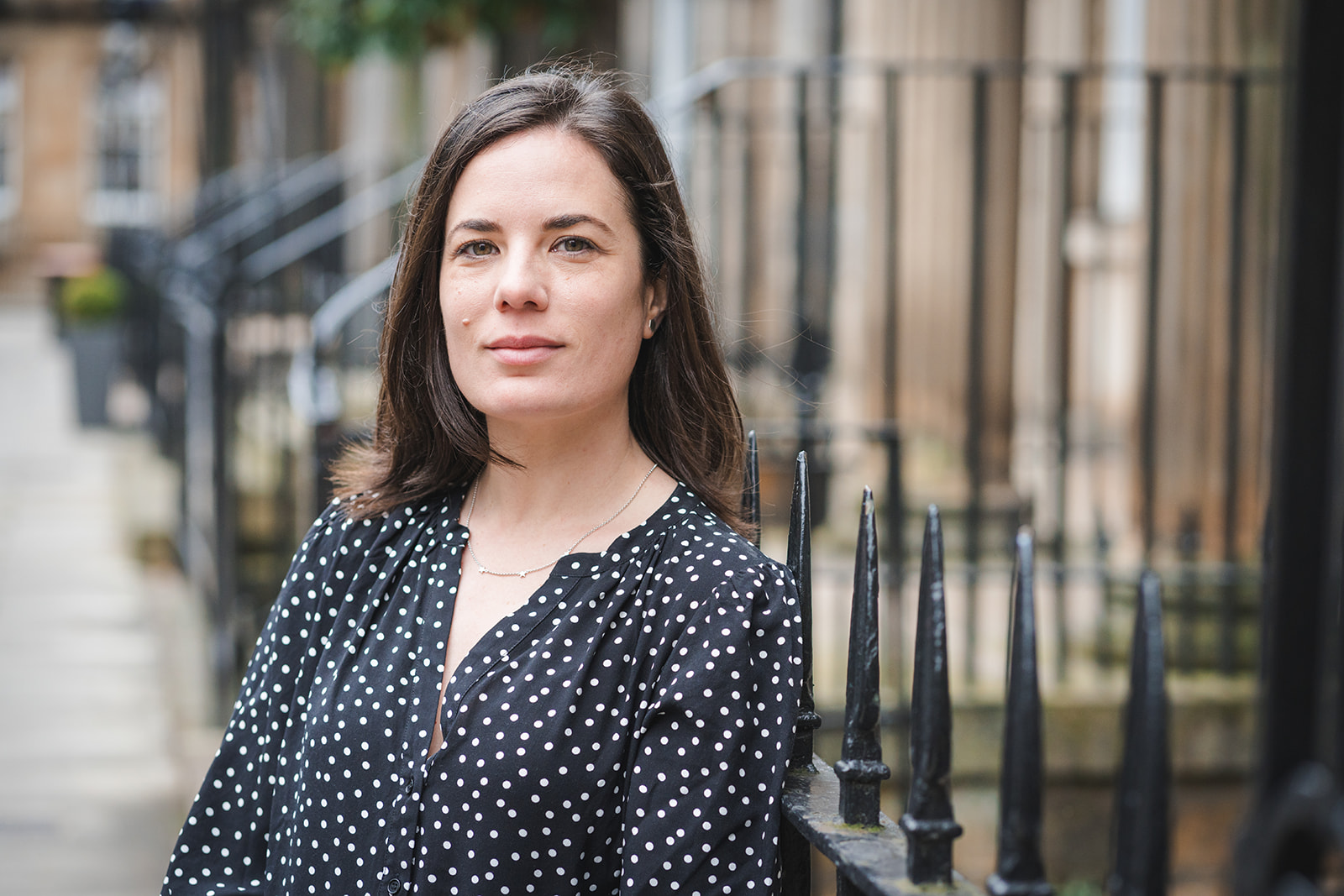Last updated on 16/05/24
Living abroad is the best way to learn a language, there’s no doubt about that. Being surrounded by native speakers 24/7 helps you train your ear and forces you to speak and get over the fear of making mistakes. Moreover, living in the country of the language you want to learn or improve has another advantage. It allows you to put words and expressions into context, and know how and when to use them.
Today I want to share a personal observation, one of those things they don’t teach you at school. I learnt it here in the UK, and is related to time.
When speaking about time, English is more precise than Spanish. In English, ‘five minutes’ are exactly that. In Spanish, ‘five minutes’ might be five, or might be twice as many (depending on the situation).
Another example:
‘Noon’ means 12pm in English.
In Spanish, mediodía refers to an imprecise period of time around twelve o’clock. In general speech, mediodía is associated with lunchtime, and may finish as late as 2pm.
In the same way, British English divides the parts of the day between morning and night into shorter periods of time than Spanish does:
| ENGLISH | SPANISH | ||
| Term | Period | Term | Period |
| Morning | 00:00–11:59 | Mañana | 00:00–11:59 |
| Noon | 12:00 | Mediodía | 12:00–14:00/15:00 |
| Afternoon | 12:01–17:59 | Tarde | 14:00–20:59 |
| Evening | 18:00–20:59 | ||
| Night | 21:00–sunrise | Noche | 21:00–sunrise |
| Small hours | 00:01–sunrise | Madrugada | 00:01–sunrise |
The information in the table is, of course, a rough calculation, as the meaning of those terms is related to sunlight (or lack of it), as well as to cultural habits such as lunchtime or dinnertime.
In the UK, people have lunch around noon, and dinner at around 6pm. That’s why it makes sense to use a term to refer to the period between both meals, and a different one for the period between dinner and early bedtime.
In Spain, people have lunch between 2pm and 3pm, so the term ‘mediodía’ (literally, ‘noon’) is quite imprecise. We don’t have dinner before 9pm and it’s still bright until that time for the most part of the year. Therefore, breaking up the ‘tarde’ and using two different terms doesn’t make sense here.
A difference I find particularly fascinating between English and Spanish is the use of the words ‘week’ (semana in Spanish) and ‘month’ (mes in Spanish).
Despite those words having the same meaning in both languages, they’re not always used in the same way when speaking about periods of time. And this is something I noticed after living in the UK.
As per the unwritten rule I mentioned above, Brits tend to use time expressions related to short periods. That means speaking in weeks, when Spaniards would speak in months.
For example, a UK GP will give you a prescription for 9 exact weeks, where a Spanish one would give you a prescription for either 2 months or 2 and a half months.
In the UK, rent and wages are sometimes paid weekly, while in Spain that’s very uncommon, if existent at all.
The truth is, Brits are used to weeks, while Spaniards are used to months. At my previous job, I struggled to understand which week we were at. Being on week 3, 17 or 28 doesn’t mean anything to me. When people talk about a delivery for the end of week X, I always need to check my calendar to know when exactly that is. I’m used to either specific (7 February) or rough (mid-March) dates.
If you know any Spaniards, I’m pretty sure you’ve heard things like ‘I’ve been here for five and a half months’, instead of ‘I’ve been here for 20 weeks’.
DISCLAIMER
The information included in this article is correct at the time of publication/last update. This article is for informational purposes only, does not constitute legal advice and should not be relied upon as such. Any reliance you place on such information is strictly at your own risk. ICR Translations will not be liable for any loss or damage arising from loss of data or profits as a result of, or in connection with, the use of this website.

Irene Corchado Resmella, a Spanish translator based in Edinburgh. English-Spanish sworn translator appointed by the Spanish Ministry of Foreign Affairs, Chartered Linguist and member of the CIOL. As a legal translator, I focus on Private Client law, specialising in Wills and Succession across three jurisdictions (England & Wales, Spain, and Scotland). Affiliate member of STEP. ICR Translations is registered with the ICO and has professional indemnity insurance.



